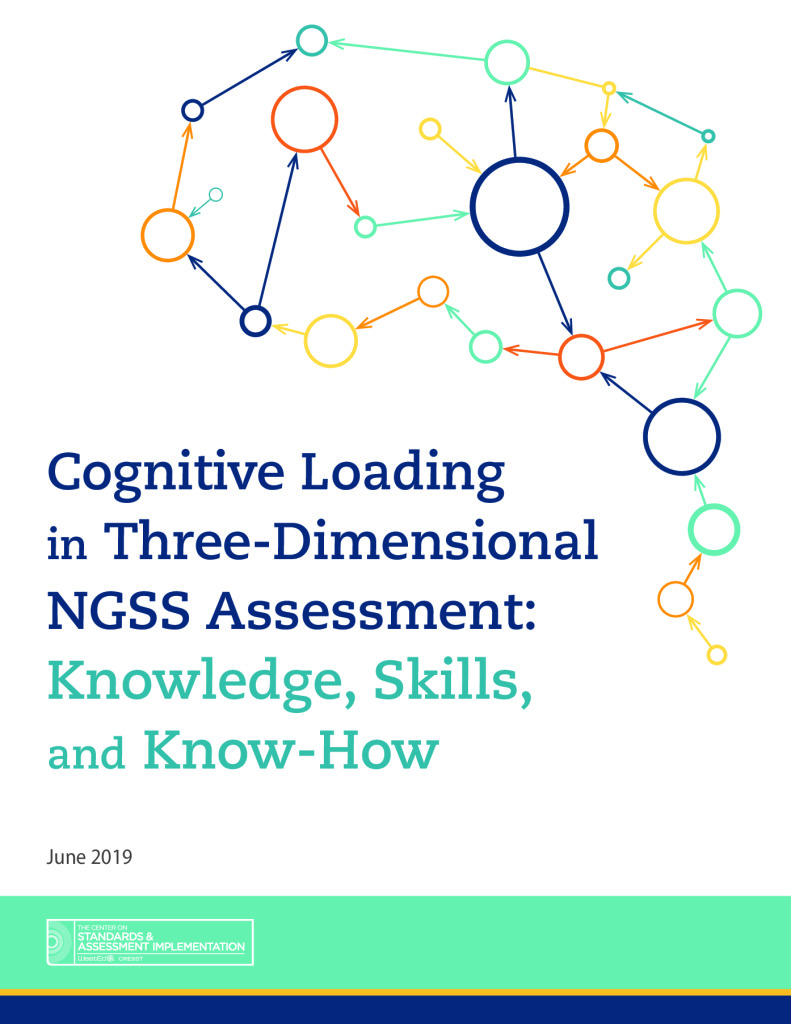Resource Hub
Explore guides, research papers, policy briefs, and tools to aid decisions on standards and assessments.
Cognitive Loading in Three-Dimensional NGSS Assessment Knowledge, Skills, and Know-How
This white paper, developed in collaboration with the Delaware Department of Education, presents a new model for evaluating the cognitive ranges of large-scale assessment specific to the Next Generation Science Standards (NGSS).
Conventional cognitive complexity models for large-scale assessments have lately been challenged by the expectations inherent in the NGSS. An expectation of assessing science under the Every Student Succeeds Act (ESSA), and an expectation described in the peer review guidance for states is that any assessments that are developed, including those aligned to the NGSS, incorporate items representing a range of cognitive complexities. It is time to meet and address this latest challenge by identifying the need, recognizing current options, and outlining a viable path forward.
Developed as an instantiation of a framework for a way of thinking, doing, and knowing about the world, the NGSS are intended as both guideposts and end goals, setting the stage for how students come to understand the world around them. Performance expectations written for the NGSS incorporate three dimensions: science and engineering practices (SEPs), disciplinary core ideas (DCIs), and crosscutting concepts (CCCs). The cognitive processes associated with each of the three dimensions are intended to be interwoven as a student engages in sense-making within the context of a unique scientific phenomenon.

